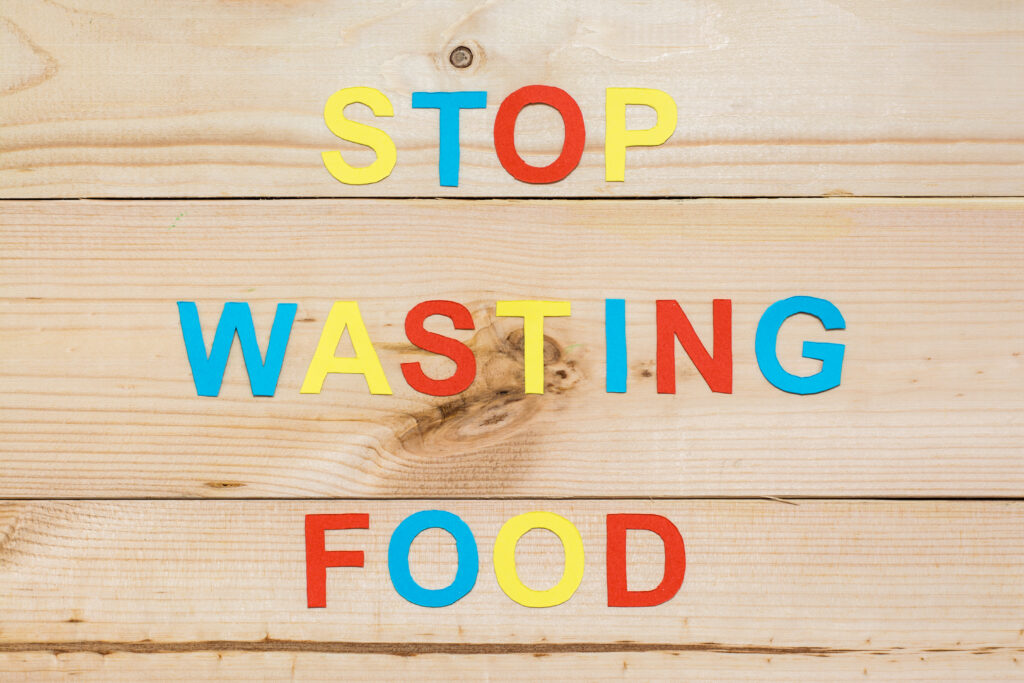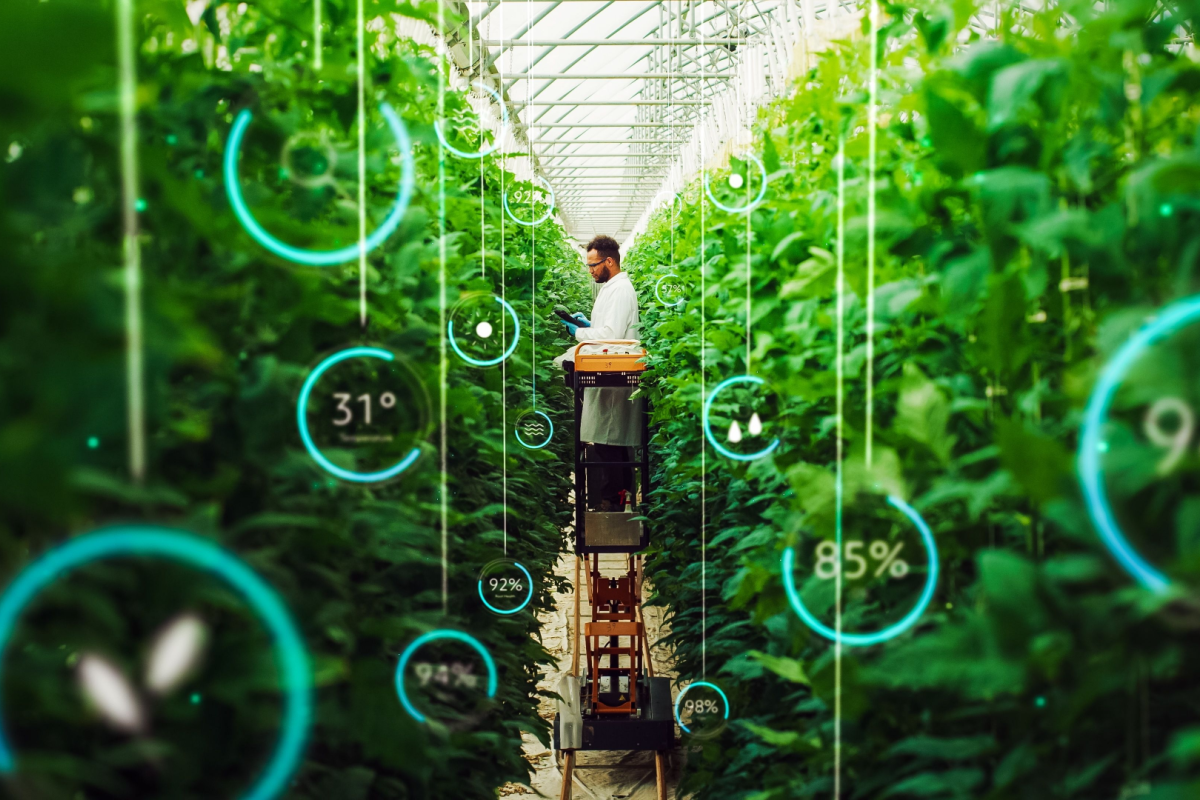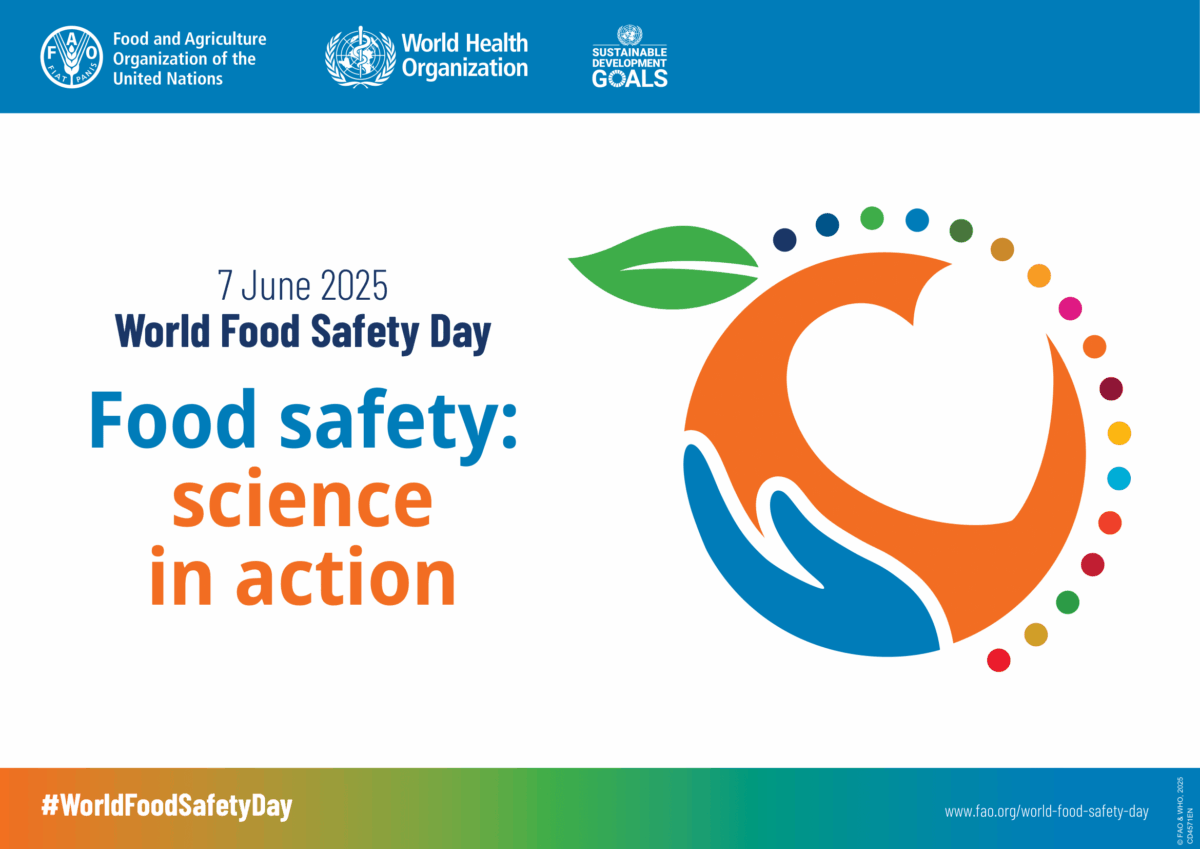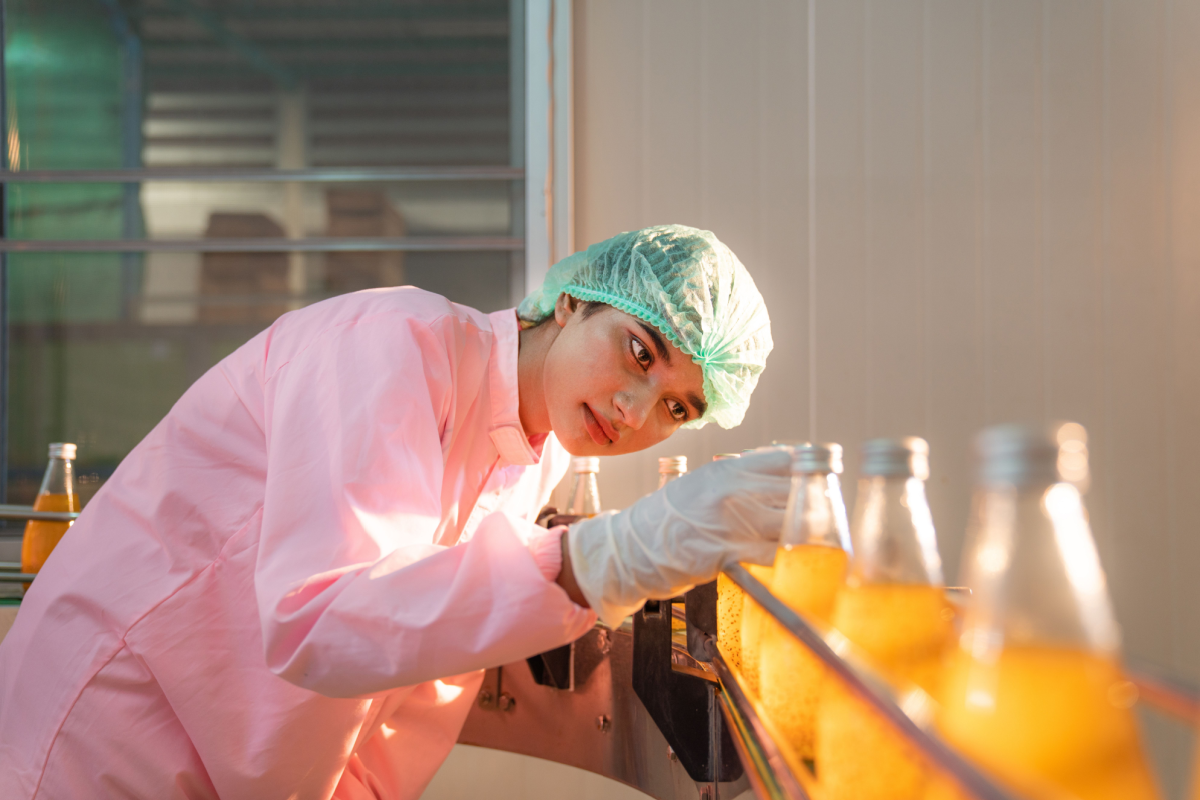Stop Food Waste Day 2024, set for April 24, marks a significant international day of action dedicated to combating the global food waste crisis. This initiative, launched by Compass Group in 2017, emphasizes the crucial role of corporations and the food industry in addressing this issue. With roughly one-third of all food produced globally lost or wasted, the food industry is pivoting towards sustainable practices aimed at curbing these losses.
On Stop Food Waste Day 2024, Compass Group’s efforts will be highlighted prominently. Having set a precedent with a commitment to cut food waste by 25 percent by 2020, the company continues to lead by example. Its strategies include comprehensive waste tracking and the donation of surplus food to local food banks, which not only combat waste but also address food insecurity.
Like Compass Group, the food industry as a whole has adopted several innovative strategies to tackle food waste, transforming from merely managing waste to preventing it at the source. Read on to learn how different sectors within the food industry are combating food waste on Stop Food Waste Day 2024 and beyond.
Related: Too Good To Go: Providing Hope in the Fight Against Food Waste
Technology-Driven Solutions
Tech companies are leading the charge by creating software and systems that help restaurants and food producers optimize their inventory. These tools predict purchasing needs and track food usage, thus minimizing over-ordering and overproduction. A notable example is LeanPath, a technology firm that provides food waste tracking systems, enabling kitchens to monitor and reduce waste effectively.
Sustainable Supply Chain Practices
Grocery chains are also revising their supply chain practices. For instance, Walmart has implemented a robust program that focuses on improving the efficiency of its supply chain from farm to shelf. This includes better forecasting demand, improving transportation methods and using blockchain technology to track produce freshness. These efforts not only reduce waste but also ensure that perishable items are managed more effectively.
Upcycling Food Waste
Upcycling, turning by-products or waste materials into new, high-quality products, is another innovative approach gaining traction. Companies like ReGrained use spent grains from beer brewing to create nutritious snack bars. This not only reduces waste but also adds economic value to what would otherwise be discarded.
Restaurants Reducing Portions
Some restaurants are reevaluating portion sizes, with many opting to offer smaller dishes to more closely match consumer eating habits. This not only meets customer demand for healthier eating options but also significantly cuts down on the leftovers diners leave behind.
Hospitality Industry’s Role
The hospitality sector, including hotels and resorts, is also making substantial strides by implementing programs that analyze and improve food preparation and consumption patterns. Several major hotel chains are adopting practices like preparing smaller batches of food more frequently throughout the day to ensure freshness and reduce leftover quantities.
The Future of Food Waste Reduction
As we approach Stop Food Waste Day 2024, the food industry’s role in mitigating food waste is more critical than ever. The ongoing efforts across various sectors demonstrate a collective commitment to sustainable practices that not only benefit the environment but also improve economic efficiencies and food security.
This year’s Stop Food Waste Day is a call to action for the industry to innovate further, share successful strategies and continue to foster a culture of sustainability. The ongoing collaboration of technology firms, food producers and retailers is crucial in turning the tide against food waste. As these entities work together to optimize food usage and handle surpluses responsibly, the impact of their efforts is set to grow, offering hope that the fight against food waste can indeed be won.
If you want your company to be featured on Xtalks.com, please email [email protected].












Join or login to leave a comment
JOIN LOGIN